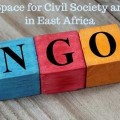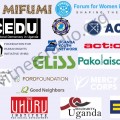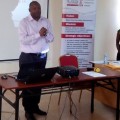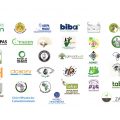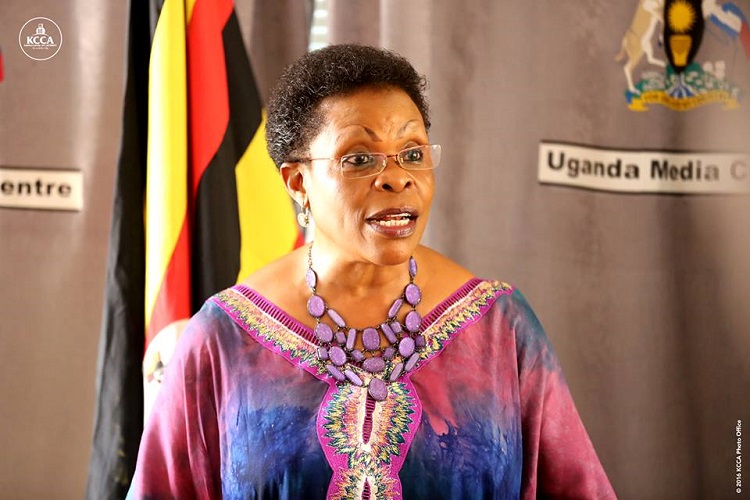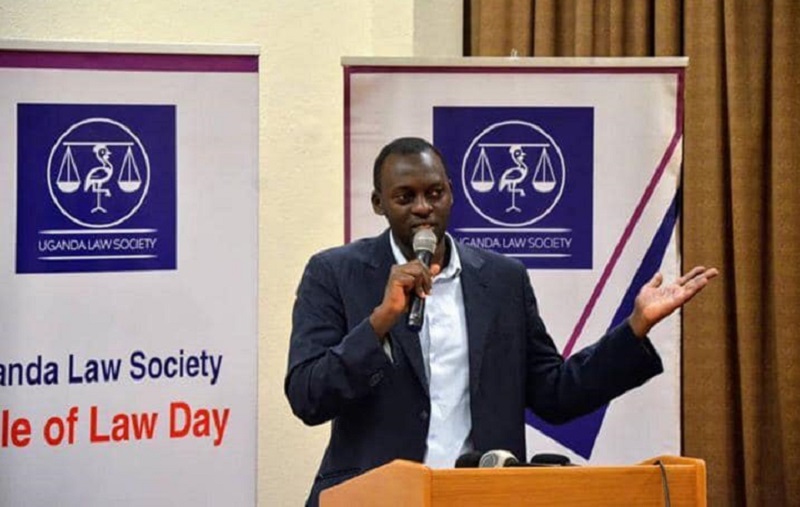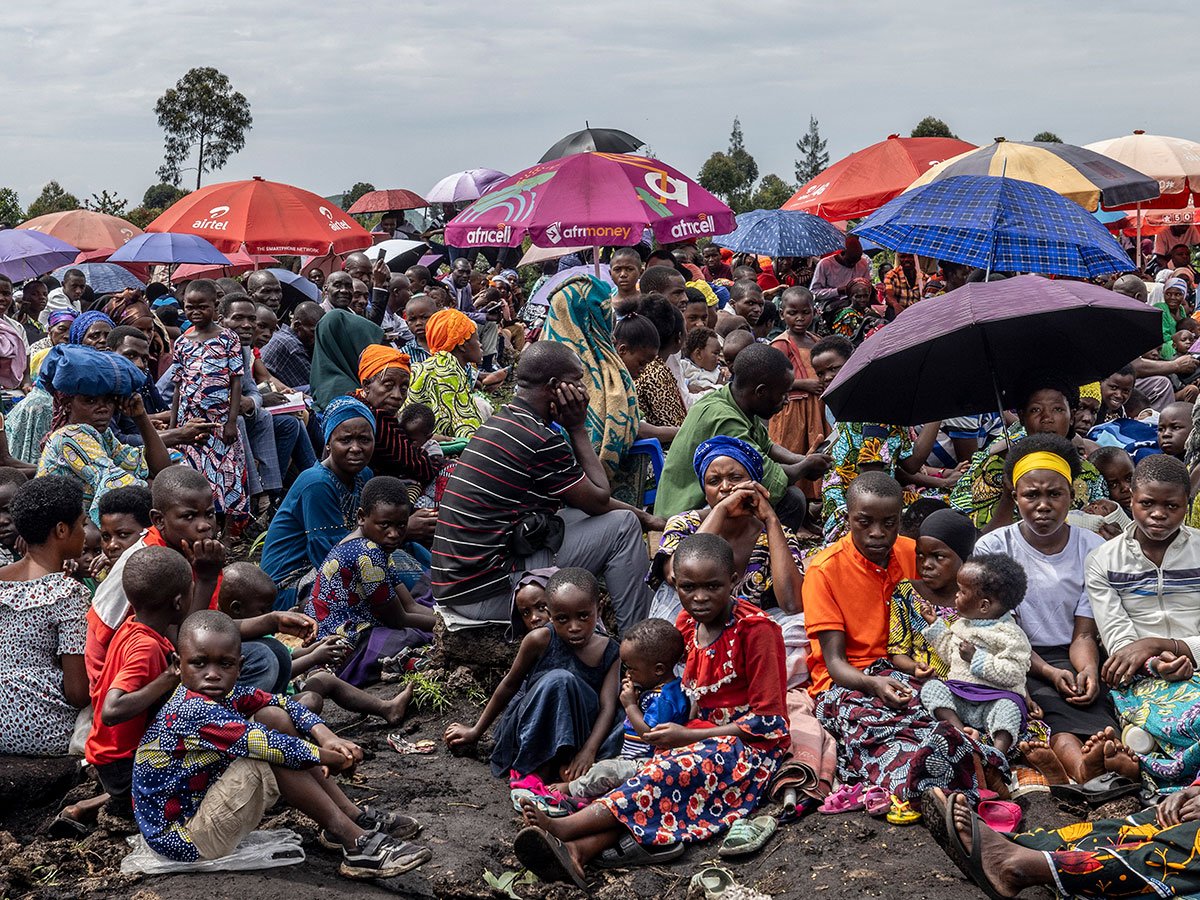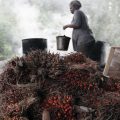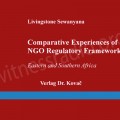By witnessradio.org team
Shortly after the conclusion of the controversial February 18th 2016 elections, president Museveni quietly signed into law the new Non-Governmental Organisations Act, 2016. But the act, has been declared an abuse of the international standards according to a new report by the Horn of Africa Civil Society Forum.
HoACS Forum, is a regional network of civil society organizations working together to monitor and expand civic space in the countries which it operates. This particular study which reviewed the legal frameworks governing CSOs, covered the entire ten countries; Djibouti, Eritrea, Ethiopia, Kenya, Rwanda, Somalia, Somaliland, South Sudan, Sudan and Uganda.
On concluding its study into the Uganda’s Non-Governmental Organizations Act, 2016, the regulatory framework for CSOs, the forum established that the act was burdensome because it makes it mandatory for any CSO to register with the NGO Board which is under direct control of the government, thus rendering the process semi-standard.
“As elsewhere in the region, registration under the 2016 NGO Act is mandatory, in violation of international standards,” the report said, “Organizations cannot operate in Uganda unless they have been duly registered with the National Bureau for Non-Governmental Organisations and have been issued a valid permit.”
The study also revealed that Ugandan law requires Community-based Organizations (CBOs” to register with the district local government. The NGO Act lists what is to be included in an application for registration of an NGO, but also states that “an application for registration under this section shall be in a form as the Minister may prescribe.”
In so, doing, the report noted that the process may be “used to grant discretionary power to the executive branch in terms of altering or tightening the requirements for registration.”
In an eventuality that one is carrying out activities through unregistered organizations, there are penalties set out in the act in form of both fines and a 3 year imprisonment term.
Secondly, the study found registration procedures under the act pretty “burdensome,” with explicit examples. NGOs must submit a registration application to the NGO Board which, as described by the ICNL, must include: specification of the operations of the organization, area of intended operation, staffing of the organization, geographical area of coverage, location of the organization’s headquarters and date of expiry of the previous permit.
In the case of a foreign organization, a recommendation is required from the diplomatic mission in Uganda of the country from which the organization originates. In addition, any foreign staff recruited to work in Uganda must submit their credentials and a certificate of good conduct to the Ugandan diplomatic in their home country before they assume their respective responsibilities and duties.
So in sum, the study observed that “these restrictions and requirements imposed by the Ugandan government significantly limit the ability of groups to register as NGOs, especially if they are small organizations and lack resources and personnel.”
Additionally, “the NGO Bureau does not have any time limit within which they must review an application, meaning that the process can be delayed indefinitely at its discretion.”
In the Forum’s view, the rigorous procedure “increases the possibility of authorities denying registration based on formalities. For example, there is the possibility that the registration will be revoked or refused on grounds such as being prejudicial to the interests of Uganda.”
In essence, the power to close down organizations will be entirely at the discretion of the NGO Bureau.
The act also includes inter alia the prohibition of any act “which is prejudicial to the security and laws of Uganda,” or which is “which is prejudicial to the interests of Uganda and the dignity of the people of Uganda.
The vague nature of the language above, like that in other laws in the region, could be abused to target NGOs who are critical of the government, according to the report.
In Uganda, an organization’s certificate can be revoked by the Bureau if:
• The organization does not operate in accordance with its constitution;
• The organization contravenes any of the conditions or directions specified in the registration permit
In addition, the regulations provide that an organization may also be dissolved by order of the
High Court if it is:
• defrauding the public;
• threatening national security; or
• Grossly violating the laws of Uganda
Like Uganda, all countries covered by this study, ratified the African Charter on Human and Peoples’ Rights (ACHPR) and the International Covenant on Civil and Political Rights (ICCPR).
All their national constitutions provide that these protections can be restricted in narrow circumstances, including protecting the freedom of others, public security, public order, public safety, and public health. These provisions at the constitutional level are generally compliant with international standards. It is generally agreed internationally that these restrictions may apply to restricting CSOs from partisan political campaigning, fundraising and support of political parties, and these are in fact prohibited in most national laws in the region.
However, these narrow exceptions can be referred to in inappropriate circumstances. In general terms, national interest and the protection of public values are among the most likely excuses employed by the executive body in order to curtail basic human freedoms.
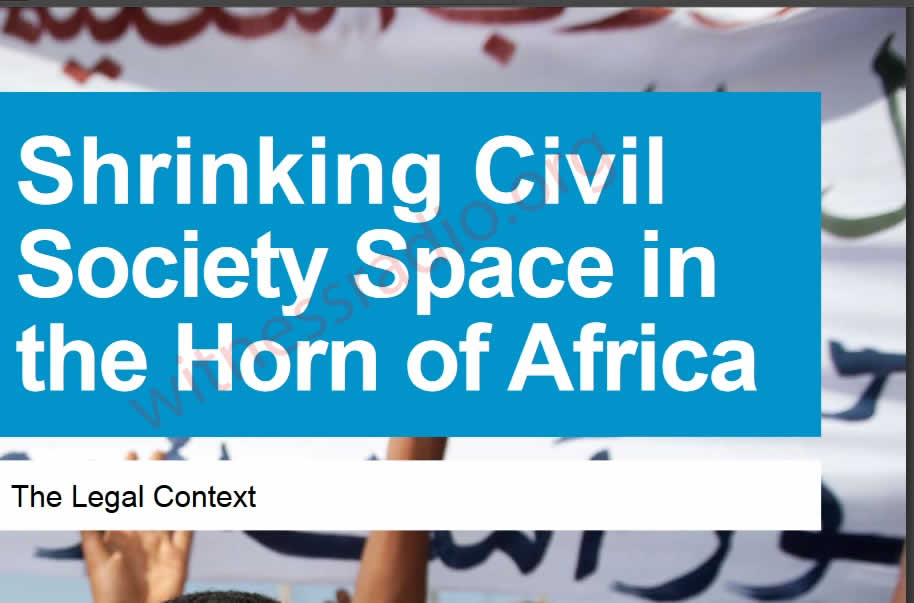

 SPECIAL REPORTS AND PROJECTS2 weeks ago
SPECIAL REPORTS AND PROJECTS2 weeks ago
 MEDIA FOR CHANGE NETWORK5 days ago
MEDIA FOR CHANGE NETWORK5 days ago
 MEDIA FOR CHANGE NETWORK2 weeks ago
MEDIA FOR CHANGE NETWORK2 weeks ago
 SPECIAL REPORTS AND PROJECTS2 weeks ago
SPECIAL REPORTS AND PROJECTS2 weeks ago
 MEDIA FOR CHANGE NETWORK2 weeks ago
MEDIA FOR CHANGE NETWORK2 weeks ago
 MEDIA FOR CHANGE NETWORK1 week ago
MEDIA FOR CHANGE NETWORK1 week ago
 MEDIA FOR CHANGE NETWORK5 days ago
MEDIA FOR CHANGE NETWORK5 days ago
 NGO WORK6 days ago
NGO WORK6 days ago
